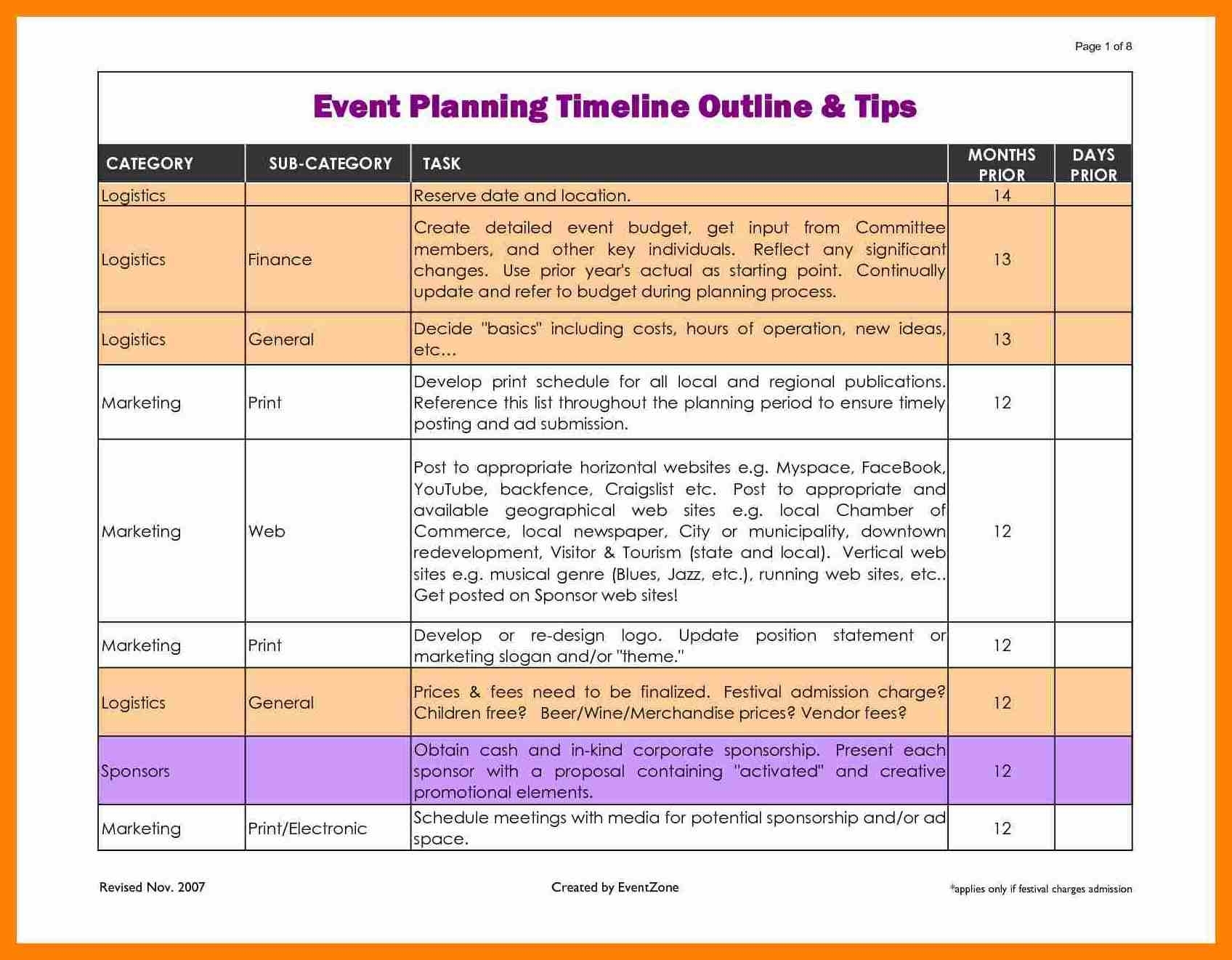Security Update for Microsoft Word 2010 (KB2345000), 32-Bit Edition A security vulnerability exists in Microsoft Word 2010, 32-Bit Edition that could allow arbitrary code to run when a maliciously modified file is opened. This update resolves that vulnerability. Found 304 words that start with ing. Browse our Scrabble Word Finder, Words With Friends cheat dictionary, and WordHub word solver to find words starting with ing. Or use our Unscramble word solver to find your best possible play! Related: Words that end in ing, Words containing ing Scrabble Words With Friends WordHub Crossword 19-letter words that. Some verbs are followed by a word ending in “ing” to portray certain actions. For instance, in author Charlotte Bronte's quote, 'I try to avoid looking forward or backward, and try to keep looking upward,' the phrase 'avoid looking' illustrates a verb and 'ing' combination. May 17, 2019 Create a Fillable Form in Microsoft Word Step 1: Enable the Developer Tab. Head off to the File tab and click on Options. That will open the Word options window.
-->Along with Complex Scripts, word and line breaking add a special case when multilingual text is to be parsed or displayed.
Latin script follows some straightforward rules for word and line breaking, such as breaking a line at a space, tab, or hyphen. For languages like Thai and Khmer, words run together (with no space between characters that end a word and those that begin another word, as with Latin script). This makes word breaking in such languages a more complex process, since syntax rules require line breaking on word boundaries. Thus for languages like Thai and Khmer, word breaking is based on grammatical analysis and on word matching in dictionaries during text processing at run time. Other languages also have rules of their own.
Unlike most Western written languages, Chinese, Japanese, Korean, and Thai do not necessarily indicate the distinction between words by using spaces. Although the Thai language does not use spacing between words, it still requires lines to be broken on word boundaries.
For these languages, world–ready software applications cannot conveniently base line–breaking and word–wrapping algorithms on a space character or on standard hyphenation rules. They must follow different guidelines.

Take Japanese, for example. Japanese line breaking is based on the kinsoku rules–you can break lines between any two characters, with several exceptions. The first exception is that a line of text cannot end with any leading characters–such as opening quotation marks, opening parentheses, and currency signs–that shouldn't be separated from succeeding characters. The second exception is that a line of text cannot begin with any following characters—such as closing quotation marks, closing parentheses, and punctuation marks–that shouldn't be separated from preceding characters. The third exception is that certain overflow characters (such as punctuation characters) are allowed to extend beyond the right margin for horizontal text or below the bottom margin for vertical text.


Line/Word Breaking in Win32
Many applications deal mostly with plaintext–text that is all in the same typeface, weight, color, and so on. Such applications have traditionally displayed text using standard Win32 display entry points (TextOut, ExtTextOut, TabbedTextOut, and DrawText) to write text to a window, and the GetTextExtent family of functions to measure line lengths. In Windows 2000 and Windows XP, the standard entry points—as long as standard controls have been extended to support display of multilingual Unicode text and complex scripts, to display vertical text, and to handle special rules regarding line breaking and word breaking. In general, this support is transparent to the application itself, so properly designed applications require no changes to support complex scripts through these interfaces. Finally, your line-breaking is safe when you use standard multiline edit control.
Applications that apply more complex formatting rules to the output may do it using Rich Edit control. This component, among other multilingual features, offer language-sensitive line-breaking mechanisms. And finally, Uniscribe provides the supports for line breaking at word boundaries through ScriptBreak for those who build complex formatted output in their own code.
Line/Word Breaking in .NET Framework
Text input, output, and display in Web content has been made a lot easier because HTML rendering in Internet Explorer is handled by the Trident module (mshtml.dll), which is one of the Uniscribe clients. All support for different input languages and complex scripts is provided to Web–based pages automatically and transparently, as long as Unicode encoding (either UTF-8 or UTF-16) is used. For Web content within the .NET Framework, system support hides all implementation details for Microsoft Windows Forms and for other .NET applications.

Free Word On Windows

Microsoft Word Free Download
Another essential aspect of a globalized application is its ability to display the correct font. Thanks to the evolution of font technology, enabling support for varying fonts has become a more manageable task.
In English grammar, '-ing form' is a contemporary linguistic term for the present participle and gerund: any verb form that ends in -ing.
In the book International English Usage (2005), Hancock and Todd note that the term '-ing form' is 'neutral as to the function of a verb-derived -ing form.'
Examples and Observations
Ing Windows Word Search
- 'When -ing forms are used as verbs, adjectives or adverbs, they are often called 'present participles.' (This is not a very suitable name, because these forms can refer to the past, present, or future.) When they are used more like nouns, they are often called 'gerunds.' In fact, the distinction is not really as simple as this, and some grammarians prefer to avoid the terms 'participle' and 'gerund.'
(Michael Swan, Practical English Usage, 2nd ed. Oxford University Press, 1995) - 'Avoid running at all times.'
(Satchel Paige) - 'Democracy is the art and science of running the circus from the monkey cage.'
(H. L. Mencken) - 'A hospital bed is a parked taxi with the meter running.'
(Groucho Marx) - 'I suppose all writers worry about the well running dry.'
(Richard Russo) - 'The barrel was kept full of cold, running water. Dad said it was best to have the water running in at the top and out an opening at the bottom of the barrel; this way it circulated around and over the copper worm.'
(Sidney Saylor Farr, My Appalachia: A Memoir. University Press of Kentucky, 2007) - '[L]ike so many substantial Americans, he had married young and kept on marrying, springing from blonde to blonde like the chamois of the Alps leaping from crag to crag.'
(P.G. Wodehouse, Summer Moonshine, 1937) - 'Sir, I would like to say,
It is hard to think of the good woman
Presenting you with children, like cakes,
Granting you the eye of her needle,
Standing in doorways, flinging after you
Little endearments, like rocks, or her silence
Like a whole Sunday of bells.'
(W.S. Merwin, 'Sire.' The Second Four Books of Poems. Copper Canyon Press, 1993) - 'One wanders through life as if wandering through a field in the dark of night, wearing a blindfold and very heavy shoes, with a poisonous toad waiting patiently beneath a clump of weeds, knowing full well that eventually you will step on him.'
(Lemony Snicket, Horseradish: Bitter Truths You Can't Avoid. HarperCollins, 2007) - Adjective and Verb Functions
'In the following cases the -ing forms are clearly not gradable and are therefore much closer to verb forms:
her dying wish
an ailing friend
a falling star
the skidding vehicle A sentence like He was entertaining is ambiguous out of context. Its meaning depends on whether entertaining is treated as an adjective or as a verb. In He was very entertaining we have an adjective--note the presence of the intensifiervery--and in He was entertaining his friends we have a verb--was entertaining is actually the full verb form taking a grammatical object his friends.'
(Ronald Wardhaugh, Understanding English Grammar: A Linguistic Approach, 2nd ed. Wiley-Blackwell, 2003) - Word Classes
'As an example of borderline cases in lexical word classes, take the classification of words ending with -ing. Almost all of these words have a verb base, so it is easy to assume that all words ending in -ing are verbs. However, this conclusion is not correct. In fact, these words can belong to any of three different classes: verb (sometimes called the -ing participle), noun, or adjective (sometimes called participial adjective). Normally, the following tests can be applied to determine the word class:- Verbs ending in -ing can act as the main verb of a verb phrase, and may be followed by a noun or an adjective . . .: e.g. is eating lunch; becoming misty overnight.
- Nouns ending in -ing can sometimes have a plural form (e.g. paintings), and can usually be a head noun after a, the, or some other determiner: e.g. [the banning of some chemicals], [her dancing].
- Adjectives ending in -ing can appear before a noun, and can also occur after verbs such as be and become: e.g. the travelling public; it was (very) confusing. They are very often gradable, and can be preceded by degree adverbs such as very, so, and too: very forgiving, so interesting, too boring.
(Douglas Biber at al., Longman Student Grammar of Spoken English. Pearson, 2002)